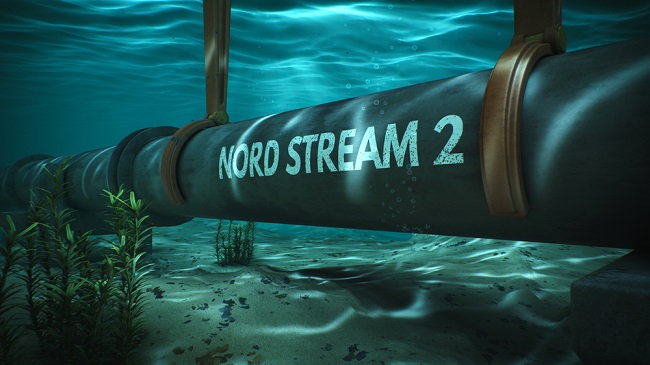EU Headquarters, Brussels, October 18: Amidst the European Union’s commitment to reduce gas imports from Russia due to the war in Ukraine, recent reports reveal a 40% increase in the bloc’s purchases of Russian-made liquefied natural gas (LNG). A study conducted by environmental watchdog organization Global Witness has shed light on this dissonance.
Between January and July of this year, the European Union procured 21.6 million cubic meters (mcm) of Russian LNG. This figure marked a slight uptick from the same period in 2022 when imports totaled 21.3 mcm. However, when compared to the pre-war period in 2021, it reflects a staggering 39.5% surge.
This increase is noteworthy as the EU has vehemently condemned Russia’s war in Ukraine as illegal and inhumane.
The report underscores European hypocrisy, as the developing world grapples with the repercussions of the food-fuel-fertilizer crisis caused by Western sanctions against Russia.
Despite this, the EU has continued its energy trade with Russia and has even increased purchases by almost half compared to pre-war levels.
Adding to the discomfort, three EU member states, Spain, Belgium, and France, were among the top five clients of Russian LNG during the first seven months of this year.
China led the list with 8.7 mcm in purchases, followed by Spain (7.5 mcm), Belgium (7.1 mcm), Japan (7 mcm), and France (4.5 mcm).
Coastal nations such as Spain, Belgium, and France have become prominent destinations for LNG carriers. These countries boast advanced terminals where liquefied gas is converted back into its gaseous form and supplied to power plants.
The report also identifies the Netherlands, Greece, Portugal, Finland, Italy, and Sweden as current consumers of Russian LNG, based on shipping data obtained from analytics firm Kpler.
In total, the EU is estimated to have acquired 52% of all Russian LNG exports from January to July, surpassing the 49% share in 2022 and the 39% share in 2021. This year’s purchases amounted to €5.29 billion, raising concerns about the EU’s genuinity about the efforts to weaken Russia’s war economy.
Russian LNG continues to be warmly received at European ports, further fueling the conflict in Ukraine.
According to Jonathan Noronha-Gant, a senior fossil fuel campaigner at Global Witness, buying Russian gas is as impactful as buying Russian oil, as both fund the war in Ukraine.
Data from Eurostat reveals that Russia was the EU’s second-largest supplier of LNG in the first quarter of 2023, ahead of Qatar, Algeria, Norway, and Nigeria.
Despite ongoing sanctions, market data from the Brussels-based think tank Bruegel indicates no significant change in Russian LNG flows. This suggests that European companies are still obligated to fulfill their offtake contracts for Russian LNG and are incentivized to import substantial shares due to the high EU demand for LNG.
Isaac Levi, a senior analyst at the Centre for Research on Energy and Clean Air (CREA), points out that although LNG carriers primarily arrive in coastal countries, the gas may be re-exported to other European destinations.
Following the report’s publication, the European Commission emphasized the context of a significant shift in the EU’s energy mix since the war in Ukraine. The EU has drastically reduced its imports of Russian coal and oil, as well as gas imports. Despite the increase in LNG volumes, it represents only a small portion of the EU’s overall energy imports.
Global experts have rejected this justification, pointing out that the EU has been imposing sanctions on Russia and pressuring other nations to follow suit.
The EU’s recent attempts to influence the G20 Leaders Summit in India with its Ukraine agenda, amid the economic crises in the developing world, were thwarted by India’s effective diplomacy and the increasing resistance among Global South nations to Western coercion.
The landmark New Delhi Declaration at the recent G20 Summit signifies a significant shift in global focus. It shows that the world is moving beyond the Ukraine conflict and is now engaging in serious discussions to tackle the economic challenges that affect the entire world, especially the Global South.






 English
English ગુજરાતી
ગુજરાતી हिन्दी
हिन्दी 日本語
日本語 മലയാളം
മലയാളം मराठी
मराठी नेपाली
नेपाली ਪੰਜਾਬੀ
ਪੰਜਾਬੀ தமிழ்
தமிழ் తెలుగు
తెలుగు اردو
اردو